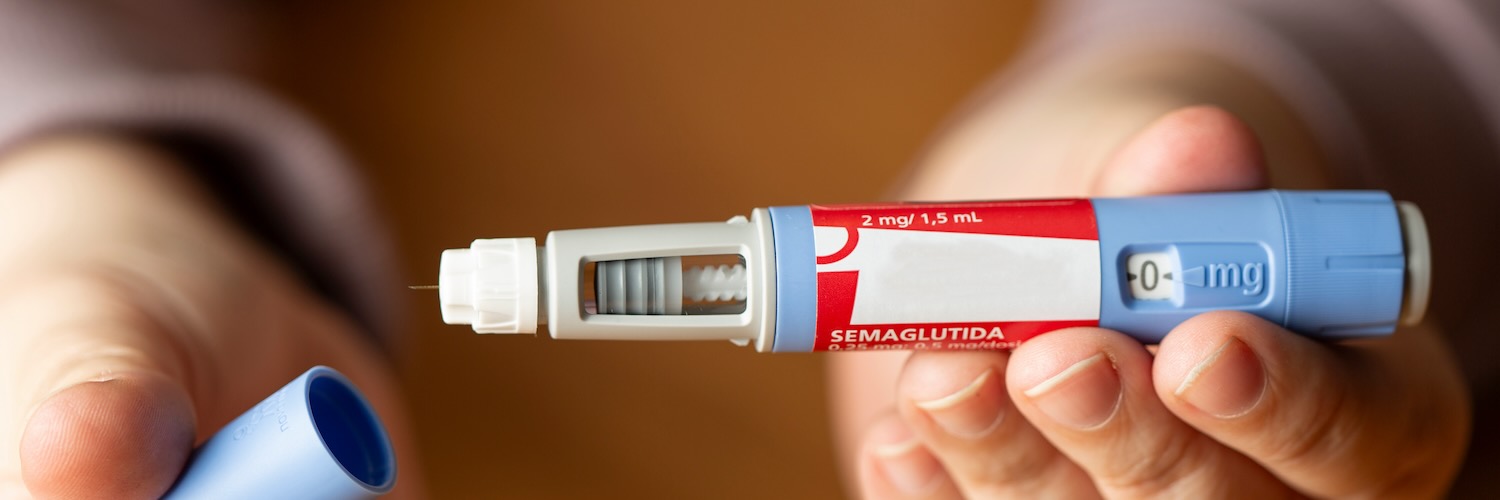After Bariatric Surgery
Are you losing weight from a bariatric procedure and trying to keep your muscle mass? Understandable and, you may be surprised, feasible. It doesn’t have to be one or the other; it’s straightforward. Watching what you eat, workout routines, and even specific exercises at home can all help you burn calories while packing on muscle or at least maintaining it. Before we get into the nitty-gritty, it’s important to understand that with a significantly reduced caloric intake, your body needs to consume something to get energy, and often the target is muscle.
Check out how to stop that from happening below.
Protein protein protein
Appropriate and consistent protein intake is essential when trying to maintain muscle. Chicken, fish, and lean cuts of beef, when tolerated, are a dynamic trio for putting on muscle, but you can also get your fill of protein from eggs, protein bars, and bariatric-specific protein shakes (good for putting on mass but not too much where you feel bloated). You’ll want to stay consistent with this too. Ensure you incorporate protein in your breakfast, lunch, dinner, and especially post-workout.
When you’re losing weight, your body needs fuel, and there’s none better than high protein, but when trying to maintain or build muscle simultaneously, you must take this into overdrive. The rule is to eat 65-75 grams daily. Increase the protein you consume within an hour after workouts for the best results.
Strength Training
When losing weight, you must keep your muscles active too. You can’t grow muscle if you’re not tearing them (what happens when you lift). The cardio you’re doing is great for shredding calories, but you want to ensure that when all the weight is gone, you have nice muscle to show off too. Muscle also tones the body, filling in excess skin that most patients will have after significant weight loss.
Believe it or not, weight lifting can burn calories faster than cardio. Think of it like hitting two birds with one stone. You can get a good sweat on, burn fat, and work your muscles all at once with heavy lifting with few reps, light lifting with many reps or even bodyweight exercise classes like HITT. The bottom line is to keep your muscles active.
Resistance Training at Home
Building or maintaining muscle mass doesn’t have to be restricted to the gym. There are many creative ways to keep your muscles busy, even from home. The first thing you’ll need is a resistance band. You can find them on Amazon or just about any sporting goods store. Getting a few with different tensile strengths is also a good idea. With these resistance bands, you can work just about any muscle group!
Place the band under your feet and pull up to work your biceps. Place the band around your quads and side lunge to work on your glutes and thighs. There are plenty of exercises you can search for and practice in the comfort of your own home. You can even use the bands to stretch after resistance training.
Rest
A significant factor of muscle gain is recovery. Your body needs to rest to recover. Don’t push it at the gym if you feel sore or feel a pinch that’s not quite right. You don’t want to compromise your progress by hurting yourself. Relax, make yourself a protein shake, and get off your feet now and then. Allowing your muscles to heal is critical to building them up later. While the rest schedule will be different for everyone, it would not be unreasonable to work out five days and rest two days each week.
Sleep and what you eat before bed are related and critically important components of weight loss and muscle mass maintenance or gain. Though you’re asleep, your body is still working to recover. You’ll want to ensure you eat a protein-filled meal a few hours before bed so your body can break down all the proteins and infuse them in your muscles overnight.
Will I Bulk Up?
With these significant caloric deficits after bariatric surgery, it is unlikely that you will be able to build enough muscle to “bulk up.” This can be positive or indifferent, depending on your goals. However, as you approach your long-term weight, and your stomach pouch allows you a bit of leeway – usually after the first 18 to 24 months – you should be able to consume enough calories and protein to start adding significant muscle mass. In fact, while not common, there are many bariatric patients turned bodybuilders.
Motivation
Simultaneous weight loss and muscle gain is tough, so struggling is normal, and you should not get discouraged. Motivating yourself to get in the gym, eat protein, order resistance training gear, and even rest when you want to continue at full speed can be a tall task. Just remember that you’re already doing more than most just by trying. Every single step, rep, and prep matters. Take it one day at a time, and you’ll quickly lose weight and build that new muscle.










